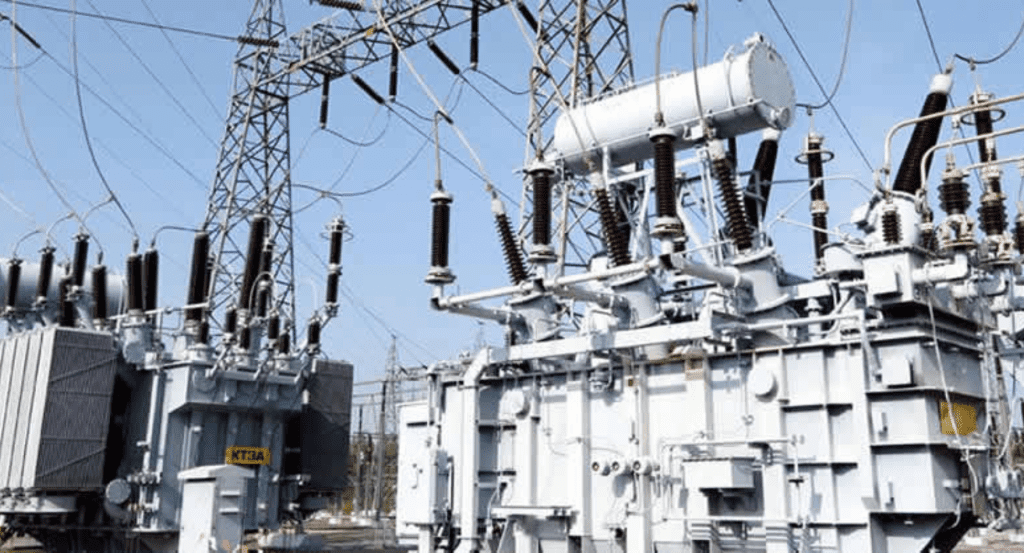Nigeria’s national power grid has suffered yet another collapse, marking the 12th incident this year and plunging large parts of the country into darkness. The collapse, which occurred on December 12, 2024, has renewed widespread frustration over the country’s persistent electricity challenges.
Reports indicate that major cities, including Lagos, Abuja, and Port Harcourt, experienced total blackouts following the collapse. Electricity Distribution Companies (DisCos) confirmed the incident, citing a “system disturbance” as the cause. Efforts to restore power are ongoing, with engineers working to identify and resolve the underlying issues.
This latest collapse highlights the fragility of Nigeria’s power infrastructure, which has struggled to meet the demands of the country’s growing population. The Transmission Company of Nigeria (TCN), responsible for managing the grid, has faced criticism for its inability to prevent frequent disruptions despite ongoing investments in the sector.
In response to the recurring collapses, several state governments and private businesses have begun exploring alternative power sources. Renewable energy solutions, such as solar and wind power, are gaining traction as states like Lagos and Kaduna initiate projects to reduce reliance on the national grid. However, experts warn that such alternatives require significant time and funding to become viable on a large scale.
Stakeholders in the power sector have called for urgent reforms, including decentralizing power generation and distribution to improve efficiency and reliability. While the federal government has expressed commitment to addressing the crisis, progress has been slow.
Nigeria’s electricity woes remain a major impediment to economic growth and quality of life. Businesses, particularly small and medium enterprises, have been severely affected, with many relying on costly diesel generators to sustain operations. Citizens, too, are grappling with the rising cost of fuel as they turn to generators during prolonged outages.
The persistent power outages have sparked calls for accountability and transparency in the management of the nation’s power infrastructure. Experts argue that addressing the root causes of these grid collapses, including aging equipment and inadequate maintenance, is essential for achieving lasting stability.
As Nigeria grapples with this latest setback, the need for comprehensive reforms in the power sector has become more urgent than ever to meet the demands of its 200 million citizens.























